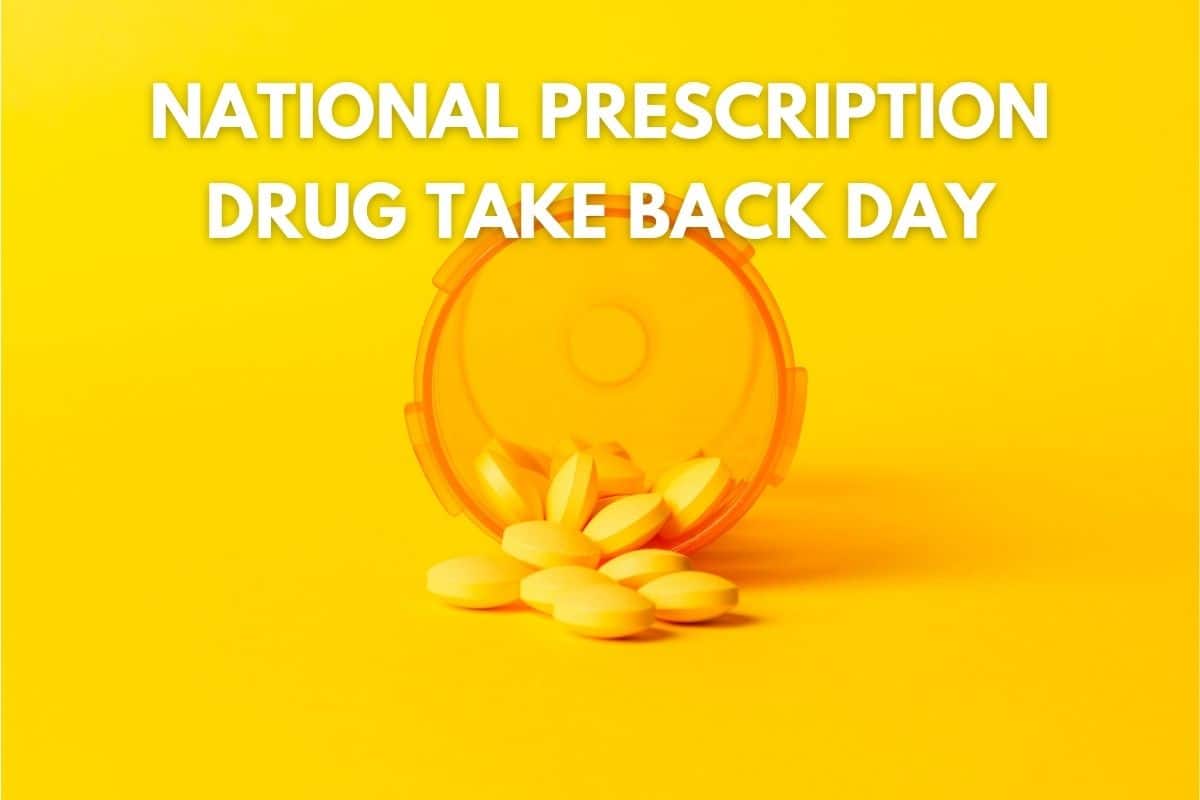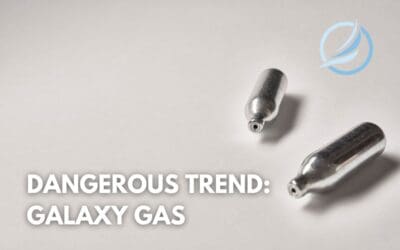Prescription pill abuse is a crucial public health and safety concern. It’s estimated that over 20 million Americans have abused a prescription drug in 2023 alone. How has this problem gotten so out of hand? Numerous studies show that prescription drug abuse first begins in the medicine cabinet of a friend or family member.
When is Drug Take Back Day?
National Prescription Drug Take Back Day is a biannual event promoting the safe disposal of controlled substance prescriptions. This event was created by the Drug Enforcement Administration (DEA) and takes place on the last Saturday of April and October of each year. In 2024, National Prescription Drug Take Back Day falls on April 24 and October, however, dates for the fall have not been released.
On these designated days, local collection sites are made available to help remove prescription drugs from circulation. Since this initiative’s creation in 2010, National Prescription Drug Take Back Day has removed 13,684,848 pounds of prescription drugs from the community.
What Can I Drop Off At Take Back Sites?
Have an expired, unwanted, or forgot-what-it-is medication? Don’t let it lay around. Medication disposal drop-off sites can dispose of several types of substances, not just prescription pills.
Accepted Items
- Prescription pills, ointments, and patches
- OTC medications, ointments, lotions, and liquids
- Dietary supplements
- Pet medications
- Aerosol cans*
- Inhalers
Not Accepted Items
- Needles
- Thermometers
- Hydrogen peroxide
- Illegal Drugs
*Can vary depending on the site
How To Safely Dispose Of Old Prescription Drugs
Unless specially authorized, hospitals, private practices, and pharmacies aren’t allowed to take back leftover medications. As such, outside of Take Back days, access to disposal sites can be difficult to find.
No matter how you dispose of your unused or old prescription medications, make sure to remove all personal information to protect your privacy and identity.
Drop Off At A Collection Site
During Take Back Day, the easiest way to get rid of unused prescription medications is by finding a collection site near you. The DEA has thousands across the country (and U.S. territories), and a convenient collection site locator to help you find them. Missed the event? No problem. The DEA, major pharmacies such as Walgreens and CVS, and police stations sometimes have year-round drop-off sites–just look for the kiosks. These offer the safest and most environmentally-friendly option of medication disposal.
Donate Prescription Drugs
Since 2018, 38 states (and the U.S. territory, of Guam) have approved legislation for prescription recycling programs. These programs allow for unused prescriptions to be dispensed to charitable clinics, hospitals, and pharmacies who then distribute them to patients who would otherwise be unable to afford them.
Some states allow for individuals to donate unused medications, and others require professionals to make donations by the caseload. Lack of public awareness can make these programs challenging to find, so you’ll need to determine whether your particular state participates.
Flush Them
Certain medicines can be flushed down the sink or toilet if a take-back site isn’t available. Consult the back of the prescription label or patient information leaflet to see if yours can be disposed of in this way (Can’t find it? Refer to the FDA’s flush list).
Doing so otherwise risks contaminating the water supply as most wastewater treatment plants can’t filter prescription drugs. Once the drugs are in the water, they can be virtually impossible to remove. Even low traces of these drugs can be harmful to marine life.
Trash Them
This method is thought of as a last resort method if no sites are available. Far from ideal, it’s very easy for discarded pills to be pilfered from curbside trash.
It’s recommended that users discard the pills from their original containers and then mix the medication with an undesirable item such as dirt or cat litter. However, the effectiveness of such measures is unknown. Further, dumping medications in landfills poses an environmental threat as well.
These medicines are often still active and potent and can therefore release chemicals into the local ecosystem.
Prescription Pills: A Real (And Often Accidental) Gateway Drug
When in the wrong hands, unused prescription drugs can lead to addiction, fatal drug interactions, or even an overdose. Becoming more knowledgeable about the issue and making these drugs less easy to obtain can go a long well in helping to curb this national and global crisis.

































